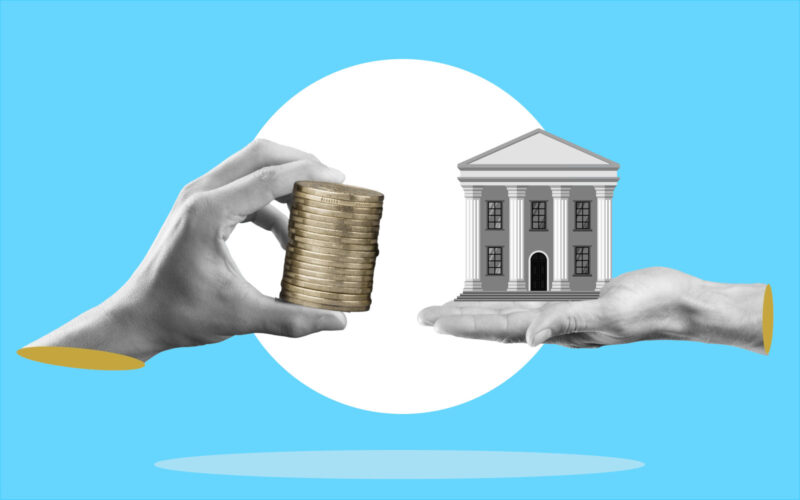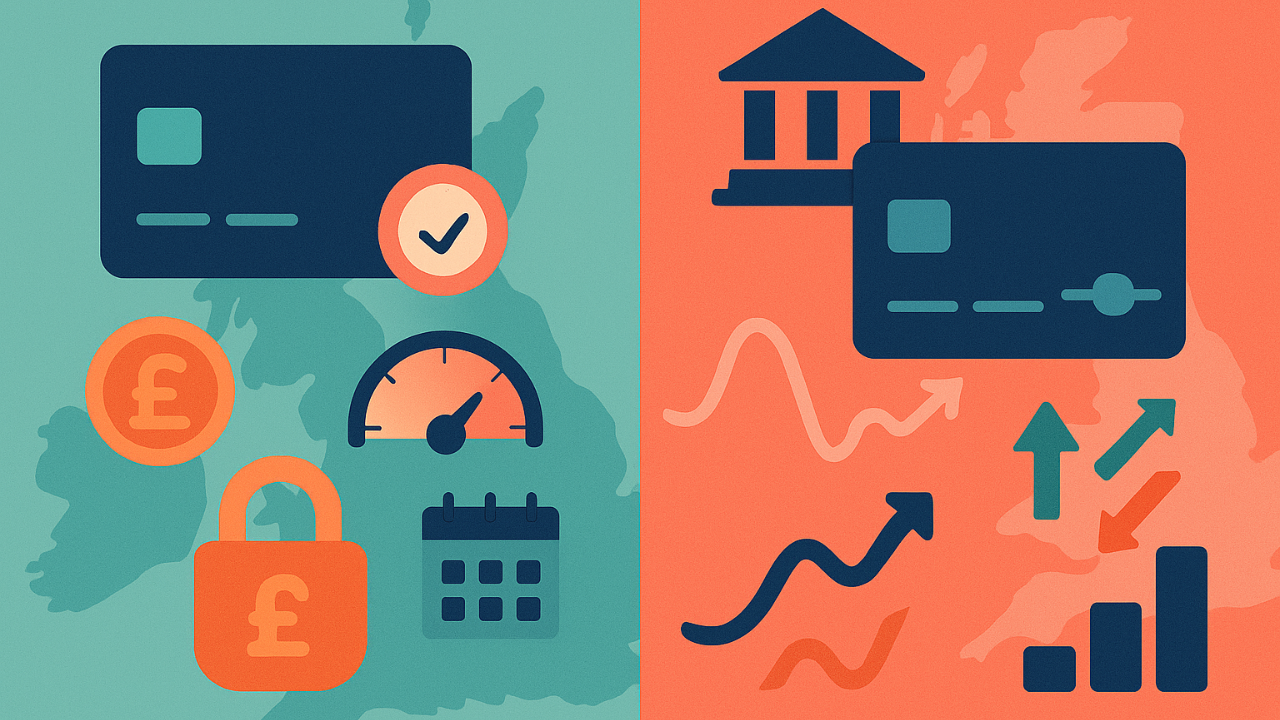In today’s financial landscape, selecting the ideal loan can be a daunting task. With numerous options available, understanding how to choose the best loan in the UK is essential. Whether you’re a first-time borrower or looking to refinance, this comprehensive guide will help you navigate the complexities of finding the right loan for your needs.
Whether you need a mortgage, a personal loan, or a business advance, it’s critical to understand your options and make an informed decision. In this blog post, we will delve into different loan types, what to consider, and how to assess your financial situation.
Understanding Different Types of Loans

Before making a decision, it’s important to comprehend the various kinds of loans available in the UK. Each type has its own set of features, benefits, and risks. By familiarising yourself with the different categories, you’ll be able to make a more informed choice that aligns with your financial goals.
Mortgages are long-term loans typically used for purchasing property. With property prices on the rise, securing a good mortgage rate is crucial. Personal loans, on the other hand, are more flexible and can be used for various purposes like home improvements, debt consolidation, or unexpected expenses. Business advances are designed to support business needs, from startup costs to expansion.
Understanding the nature of each category will help you determine which loan type is most suitable for your situation. Mortgages usually offer lower interest rates but come with higher long-term commitments. Personal loans have shorter repayment periods but might come with higher rates.
Secured vs. Unsecured Loans
Knowing the distinction between secured and unsecured loans is vital. Secured loans require collateral, such as property or a vehicle, which can lower interest rates but increase risk if you falter in repayments. Unsecured loans don’t require collateral, making them a safer choice if you lack valuable assets but usually come with higher interest rates.
For secured loans, the value of the collateral significantly influences the amount you can borrow as well as the interest rate. Some examples include home equity loans and car loans. Unsecured loans are typically based purely on your creditworthiness and often include personal loans, credit cards, and lines of credit.
Your choice between secured and unsecured loans should reflect your risk tolerance and financial situation. If you have valuable assets and can afford lower monthly payments, a secured loan might be beneficial. Conversely, if you want to avoid risking your property, an unsecured loan is better.
Fixed vs. Variable Interest Rates
Another key consideration is whether to opt for a fixed or variable interest rate. Fixed rates remain constant throughout the loan term, providing stability and predictable monthly payments. This can be particularly advantageous for long-term financial planning, especially with sizable loans like mortgages.
Variable rates, however, can fluctuate based on the market conditions. While they may start lower than fixed rates, changes in the economy can cause your monthly payments to increase, sometimes substantially. This unpredictability can be a disadvantage if you’re working with a tight budget.
When choosing between fixed and variable rates, consider your financial stability and ability to handle potential rate increases. Fixed rates offer peace of mind and budgeting consistency, whereas variable rates can be attractive if market conditions are favorable.
Evaluating Your Financial Position
Evaluating your financial position is a crucial step in selecting the proper loan. Understanding your income, expenses, credit score, and savings will help you make a more informed decision. Budgeting is an essential part of this evaluation process, ensuring you can handle the repayments without undue financial strain.
Start by reviewing your monthly income and essential expenses. Subtract your expenses from your income to determine how much you can afford to repay each month. This will give you a clearer picture of what type and amount of loan you can feasibly manage.
Your credit score also plays a significant role in loan approval and the interest rates offered to you. Higher credit scores often result in better loan terms. If your score is not favorable, consider taking steps to improve it before applying. Savings can also serve as a buffer, providing extra security in case of unforeseen expenses.
Importance of Credit Score
Your credit score is a pivotal factor that lenders consider when you apply for a loan. A higher score demonstrates financial responsibility and increases the likelihood of obtaining favorable loan terms. Lenders use this score to gauge the risk of lending to you, influencing not just your approval but also the interest rate you receive.
To check your credit score, use services provided by credit reference agencies in the UK such as Experian, Equifax, or TransUnion. Regularly monitoring your credit can help you stay informed and identify any discrepancies that might affect your score negatively.
If your credit score is lower than desired, take proactive steps to improve it. Paying off existing debts, avoiding new credit applications, and maintaining low balances on credit cards can all contribute to a better score over time. Improving your credit score before applying for a loan can significantly benefit your financial health.



